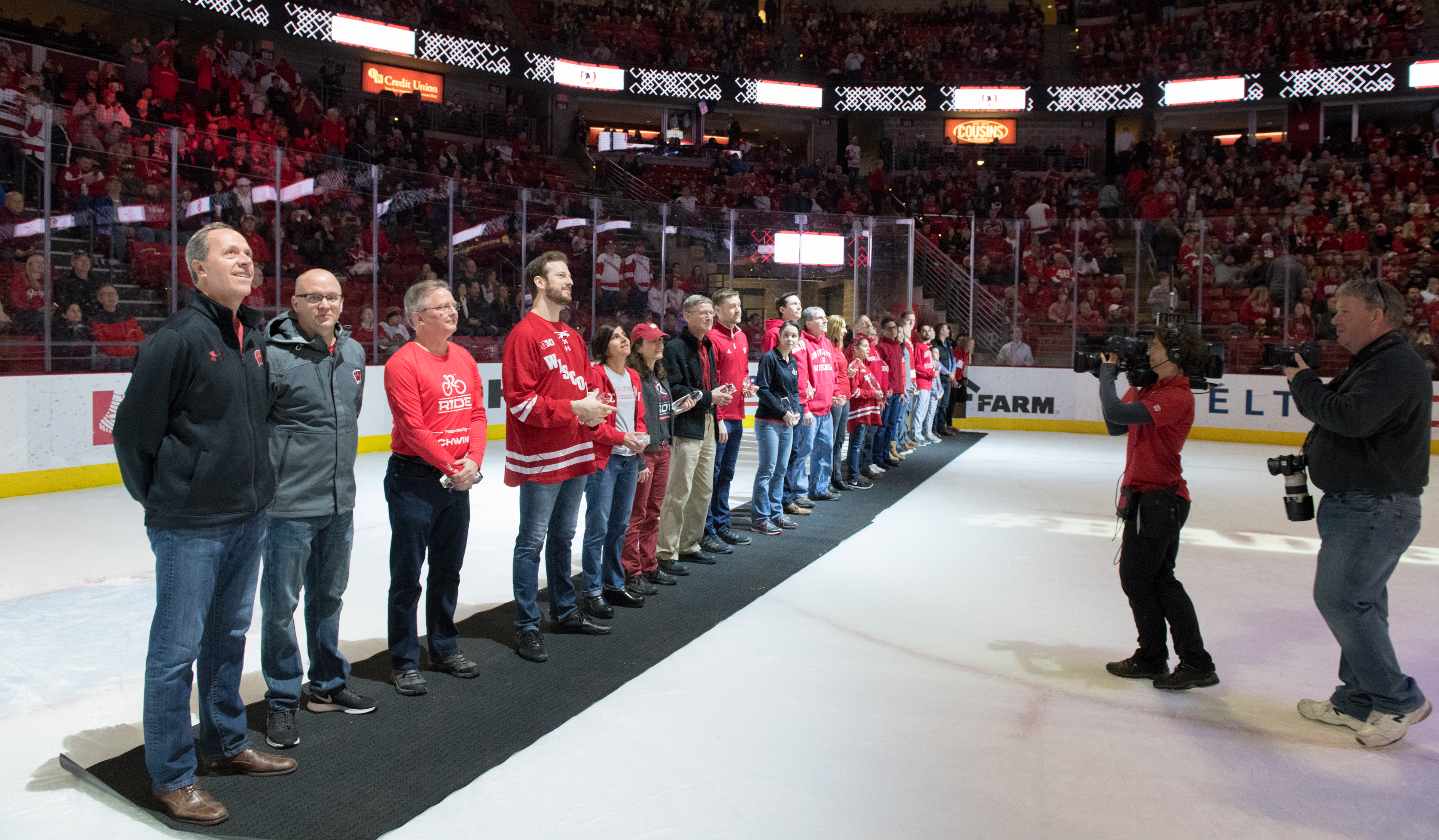WID researchers are engaged in cancer research from many different perspectives, including precision medicine, immunotherapy development, epigenic inquiry, and several omics-related angles. With a focus on Healthy People, WID is committed to working with its campus partners to understand and treat cancer more effectively.
WID Researchers Collaborate on UW2020 Projects
archive_admin2024-11-14T22:05:59-06:00Researchers at the Wisconsin Institute for Discovery are co-Principal Investigators and co-Investigators on four UW2020: WARF Discovery Initiative projects.





